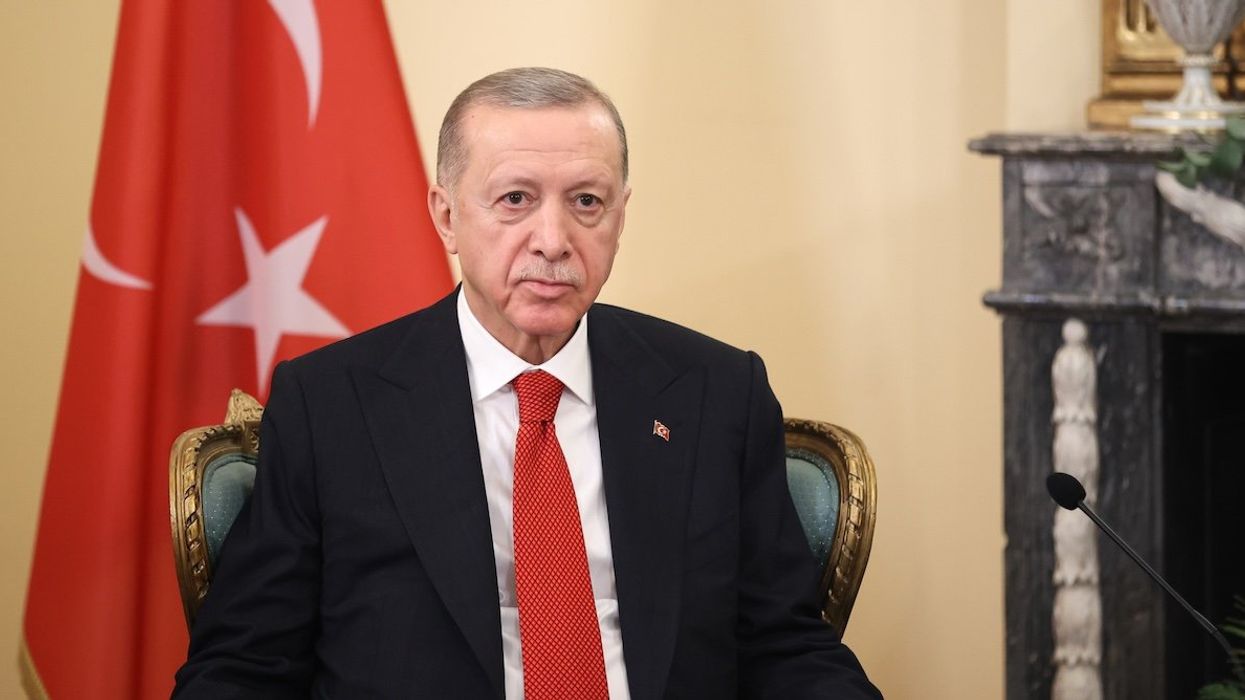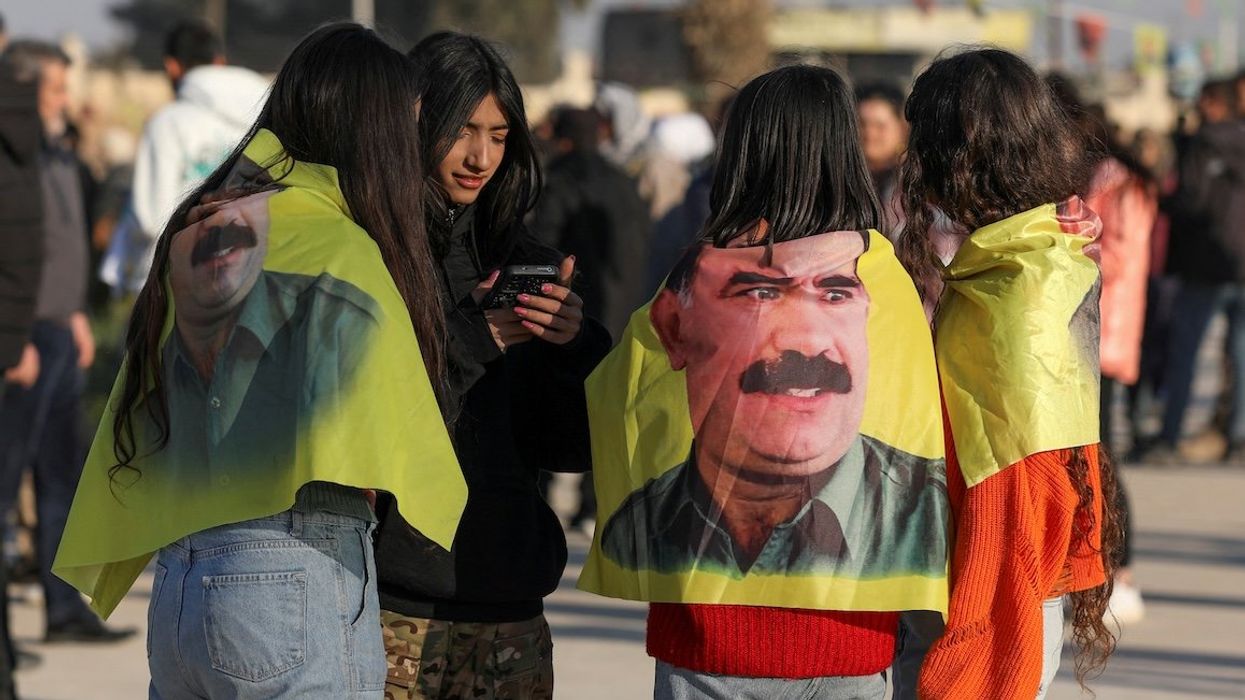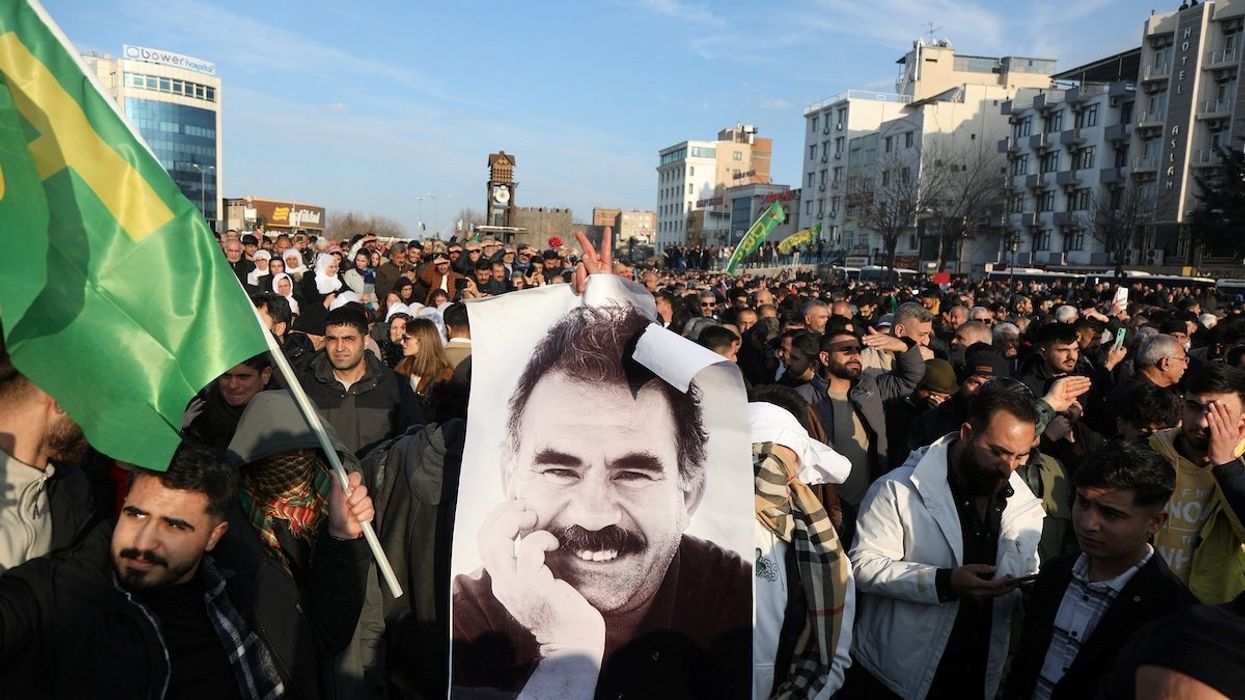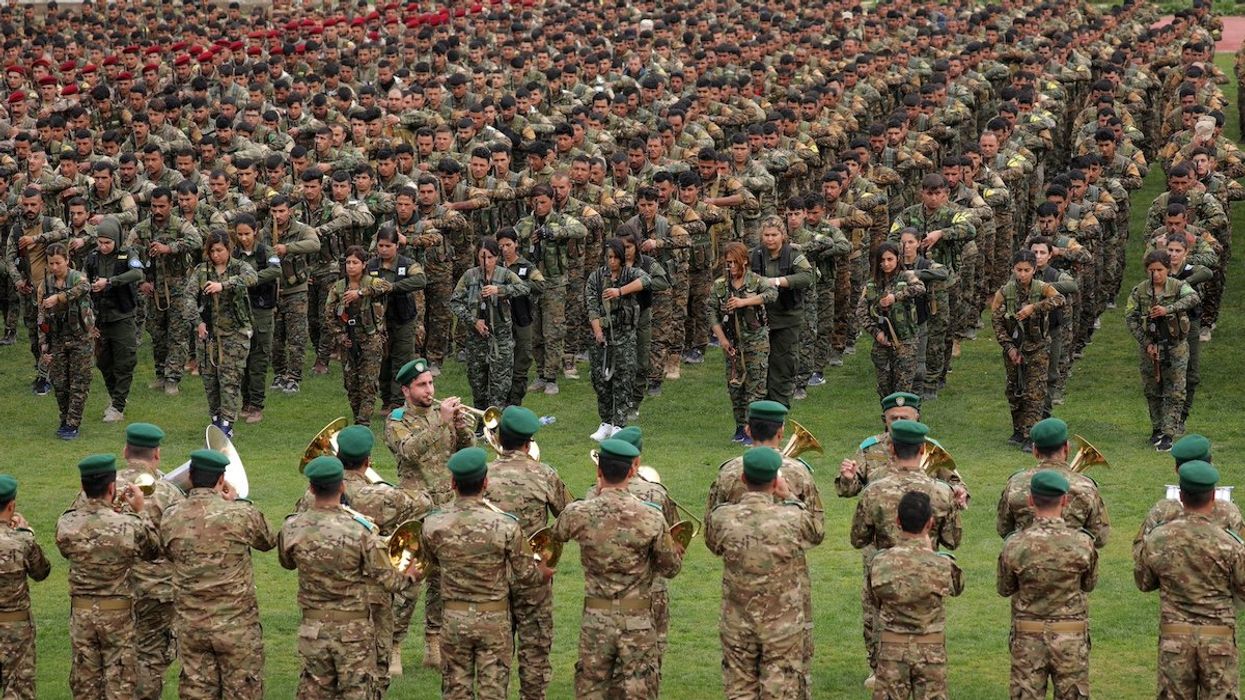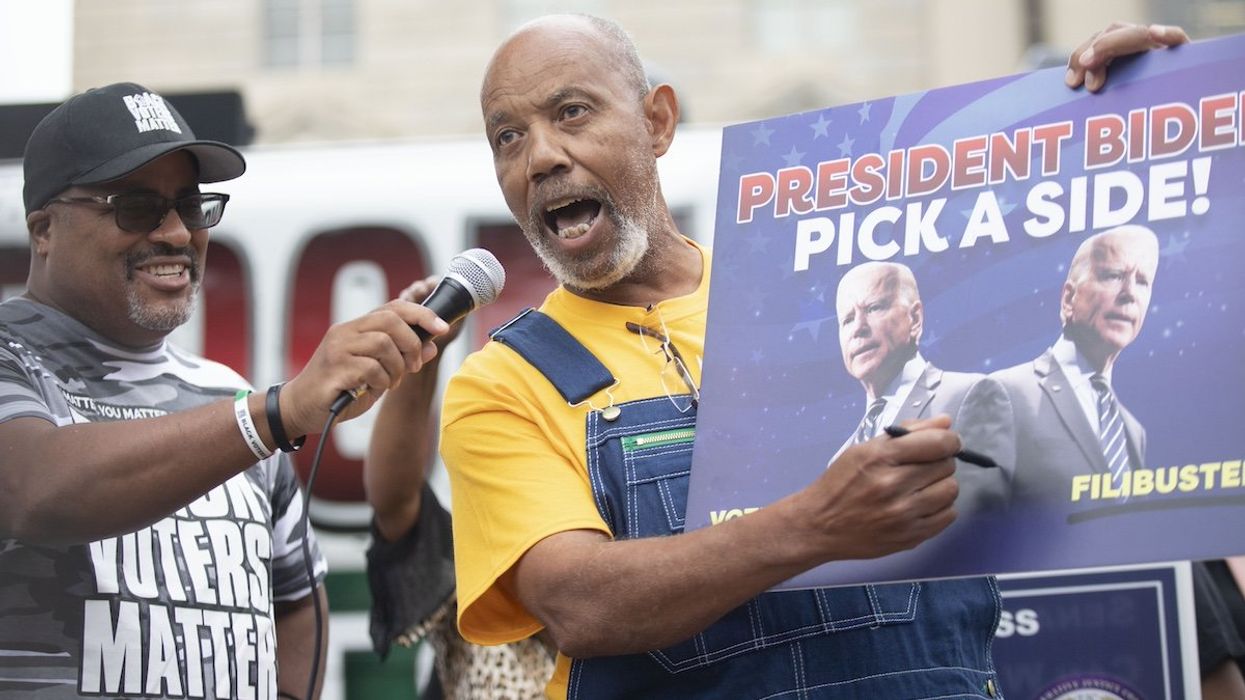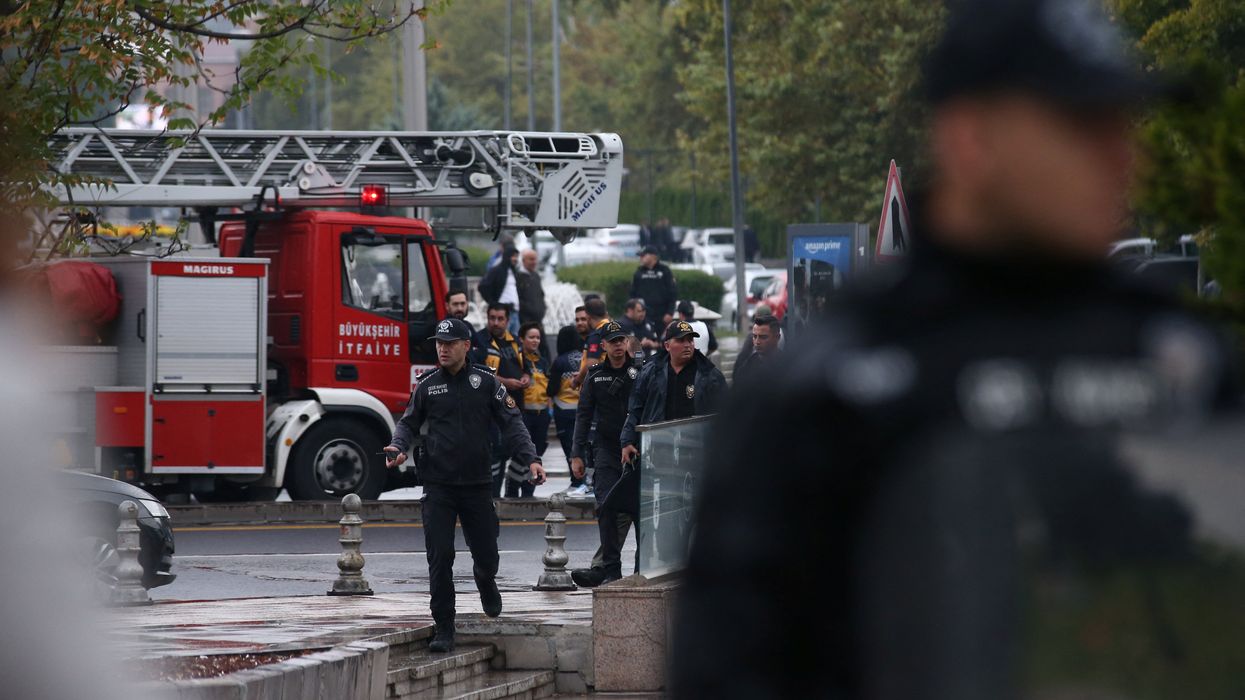Analysis
Is Turkey on a roll these days?
With so much of the world in geopolitical flux these days, it’s hard to pick clear winners or losers. But one leader who could be pretty happy about how things are going at the moment is Recep Tayyip Erdogan.
Mar 09, 2025
